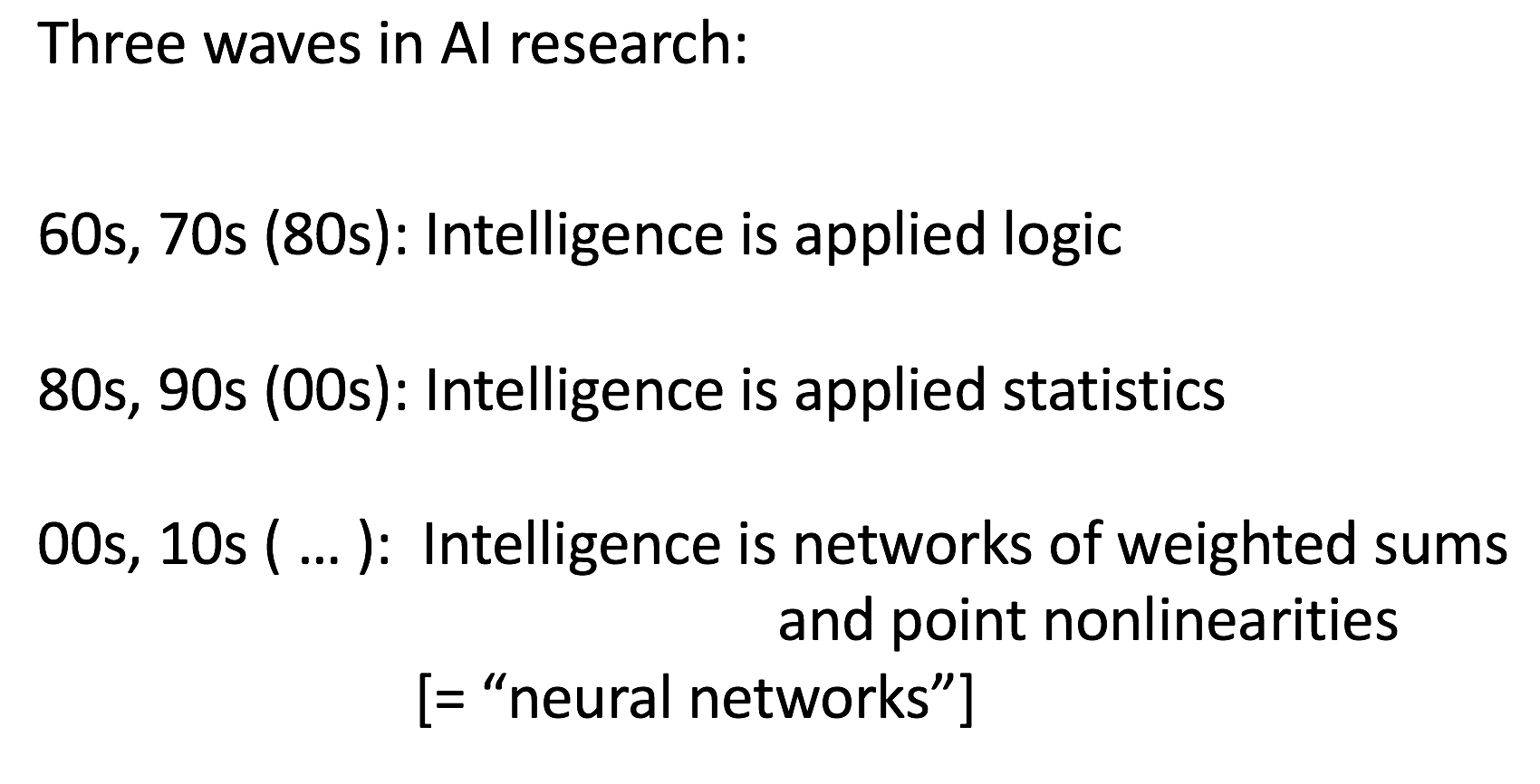How swift we misoverestimate
How swift we forget echoes in my head as a familiar cliché, a precomposed adaptable drop-in phrase rather like a snowclone but without customizable parts. I thought it might even be a quotation from some famous source. When I happened to Google-search it today, I was expecting to see millions of hits. Instead there was exactly one, in an utterly obscure short comment on the HeroClix discussion forum. This astonished me. I figured all the millions of others must correct swift to its adverb form swiftly. So I repeated the search on How swiftly we forget. And I was astonished again. Just 26 hits, with some repetitions and duplicates so similar that Google didn't want to show them. Only 70 hits even if you force the display of the duplicates. Given the size of the web today, that should be regarded as approximately zero.
I mention this only because it reminds me that while we all have vague impressions of how often we hear or read something, vast numbers of those impressions are probably wrong (especially when we imagine we have been hearing something more often recently). And it seems to me that this must have some sort of relevance for the cognitive scientists who believe language learning is based on subliminal perceptions of the frequency of encountered word sequences. Though my feeling that it must have some sort of relevance is probably wrong too. It is a mysterious business, language. (Just ignore me. I'm merely ruminating in public. I shouldn't. I'm just wasting your time. Please go on with whatever you were doing.)
Permalink Comments off


